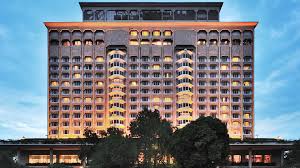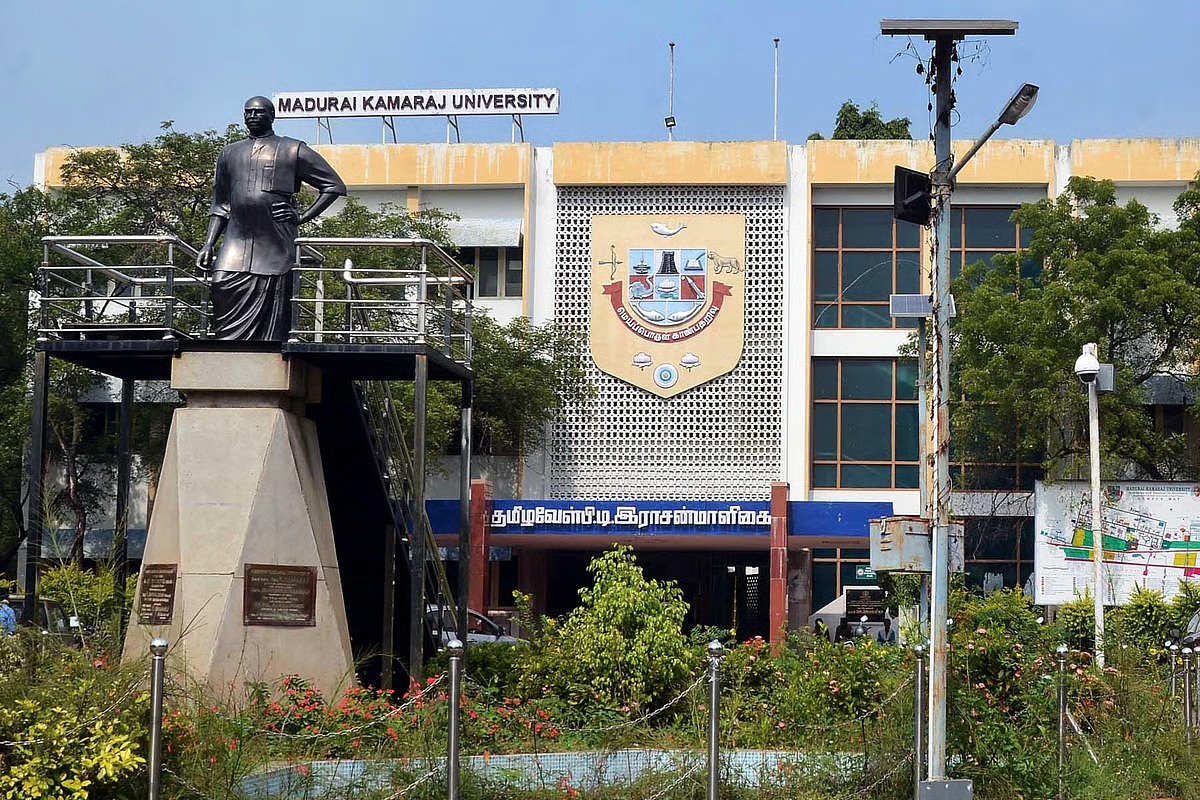H.C. Mishra
1. Heard learned counsel for the petitioners and learned A.P.P. for the Prosecution.The petitioners have been made accused in Poraiyahat P. S. Case No. 19 of 2009, corresponding to G. R. No. 142 of 2009 for the offence under Sections 419, 420, 461, 468, 471, 472, 473/34 of the Indian Penal Code.
2. It appears from perusal of the F.I.R. that the house of the petitioners was raided in connection with another case and from the house of the petitioners some fire arms were recovered, as also some incriminating documents and some stamps were also recovered. It is apparent from the F.I.R. itself that so far as the recovery of the fire arms are concerned, a separate FIR has been lodged and for the recovery incriminating documents and stamps etc. the present FIR has been lodged.
3. The petitioners have also challenged the order dated 16.08.2010 passed by Shri A. K. Mishra, Judicial Magistrate, 1st Class, Godda in the said G. R. No. 142 of 2009 whereby, the application filed on behalf of the petitioners for discharge was rejected.
4. Learned counsel for the petitioners has submitted that the F.I.R. clearly shows that the two F.I.R.s have been lodged with respect to the same occurrence inasmuch as, at the time of seizure the fire arm as well as incriminating documents and stamps were also seized, but two F.I.R.s have been lodged one for the seizure of the fire arms, under the Arms Act and another for incriminating documents and the stamps which is the present F.I.R. Learned counsel for the petitioners submitted that for the same occurrence, lodging two F.I.R.s is absolutely illegal. Learned counsel for the petitioners, accordingly, submitted that the criminal proceeding against the petitioners is absolutely illegal and bad in the eyes of law. In this connection the learned counsel for the petitioner has placed reliance upon the decision of the Apex Court in
5. The Second argument of the learned counsel for the petitioners is that the offences are not made out against the petitioners and, accordingly, the petitioners ought to have been discharged by the Court below and, accordingly, the impugned order dated 16.08.2010 passed by the Court below is absolutely illegal and cannot be sustained in the eyes of law.
6. After having heard the learned counsel for the petitioners and upon going through the record, I find that the incriminating articles have been recovered from the house of the petitioners and the Court below has come to the conclusion upon going through the case diary that there existed sufficient material against the petitioners for framing the charge under Sections 419, 420, 461, 468, 471, 472, 473/34 of the Indian Penal Code. I do not find any illegality and/or irregularity in the impugned order dated 16.08.2010 passed by the Court below.
7. So far as the first argument of the learned counsel for the petitioners that two F.I.R.s cannot be maintained for the same occurrence, I am of the considered view that there is no force in this submission of the learned counsel for the petitioners as well. In the present case the two F.I.R.s have not been lodged for the same occurrence, but not for the same offence. The first F.I.R. has been lodged for the Arms Act whereas the second F.I.R. has been lodged for the seizure of the documents and stamps. In Babubhai''s case (supra), on which reliance has been placed by the learned counsel for the petitioners the Apex Court, after considering its earlier decisions, wherein lodging more than one FIR for separate offences were found to be permissible, has laid down as follows:-
21. In such a case the court has to examine the facts and circumstances giving rise to both the FIRs and the test of sameness is to be applied to find out whether both the FIRs relate to the same incident in respect of the same occurrence or are in regard to the incidents which are two or more parts of the same transaction. If the answer is in the affirmative, the second FIR is liable to be quashed. However, in case, the contrary is proved, where the version in the second FIR is different and they are in respect of the two different incidents/crimes, the second FIR is permissible.---------
(Emphasis supplied).
8. Thus, the plain reading of the law laid down by the Apex Court, it is apparent that when the version of the second F.I.R. is in respect of the two different crimes the second F.I.R. is permissible. In the present case also, there are two F.I.R.s with respect to different offences or crimes, one under the provision of the Arms Act and another under the provision of Indian Penal Code. Accordingly, I do not find any force in the submission of the learned counsel for the petitioners that the second FIR is not permissible in the present case.In view of the aforementioned discussions, I do not find any merit in this revision application and the same is, accordingly, dismissed.

